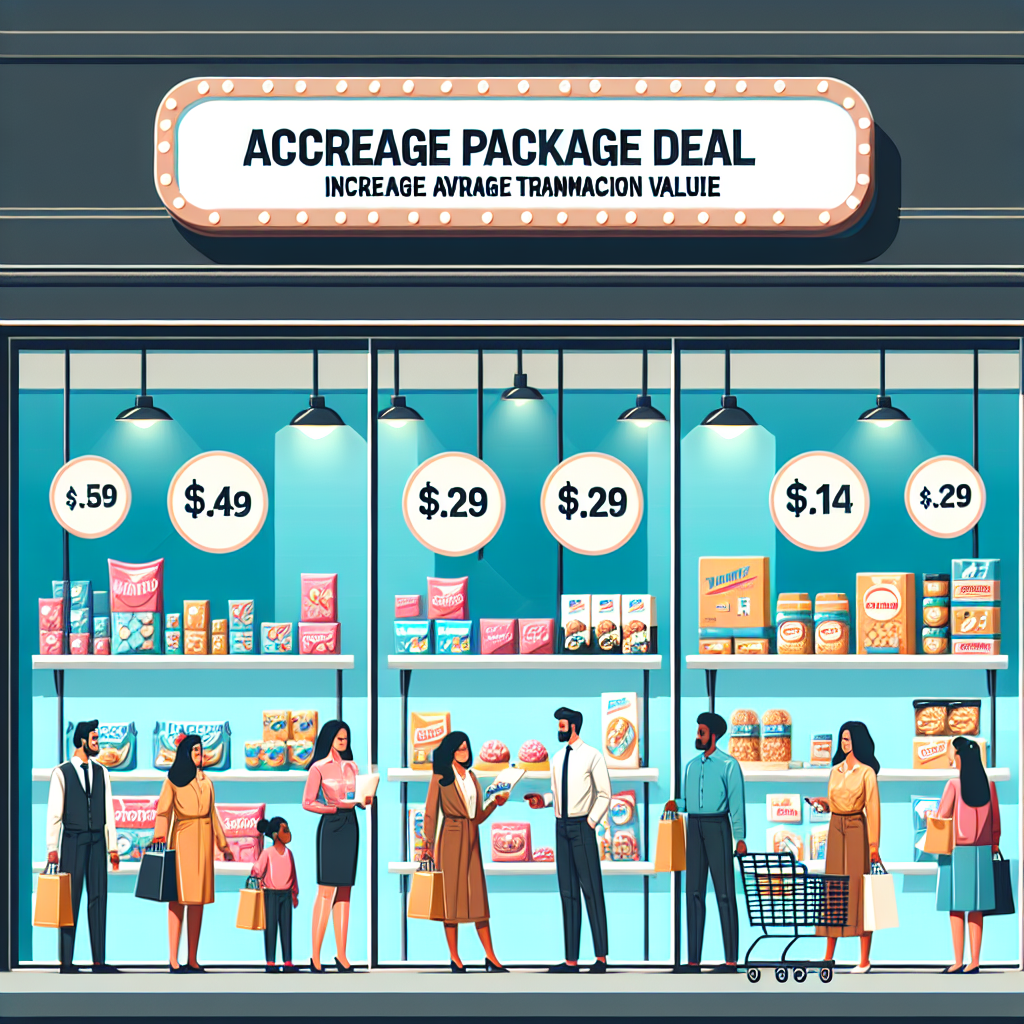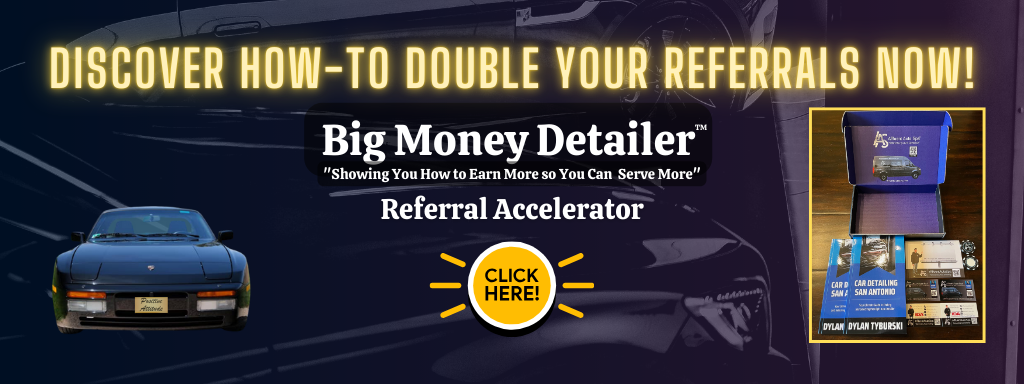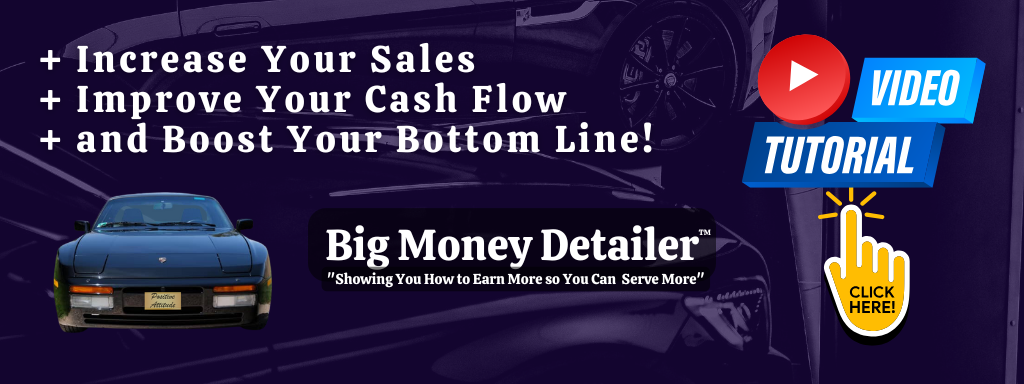Understanding Your Audience’s Needs
Researching Customer Preferences
When I first started offering package deals, I realized that understanding my customers was key. I spent hours diving into buyer behavior reports and analyzing purchase history. By figuring out what my customers were interested in, I could tailor packages that truly resonated with them. This meant more sales and happier clients!
To get this research done, I recommended sending out surveys. Folks are usually generous with their opinions if you ask them nicely! You could use tools like Google Forms or SurveyMonkey; it’s super straightforward. From the feedback, I gathered insightful data that paved the way for successful package creations.
It’s also vital to stay updated on market trends—what’s hot and what’s not changing daily. Following competitors, joining industry groups, and engaging on social media helps ensure I’m always in the know about what customers are craving.
Identifying Pain Points
Each customer comes with unique challenges they’re hoping to solve. This is where the secret sauce of effective package deals comes into play. By pinpointing these pain points, I could curate packages that not only appeal to them but also solve their problems. This builds trust and respect.
For example, if I noticed that many clients struggled with a particular issue, I designed a package that combined different products or services aimed at that problem. Not only did it increase the average transaction value, but it also positioned me as a problem solver in their eyes.
In discussions with my customers, I made sure to ask open-ended questions. These conversations often revealed insights that you simply can’t get from data alone. Customers might slip in a small complaint or a bigger need, and those are the golden nuggets I cherished for my package offerings!
Segmenting Your Audience
Not every customer has the same needs, which is why segmenting your audience is essential. I found success by categorizing customers based on their buying behavior, demographics, or even how they respond to marketing messages. This allowed me to tailor my offerings even further.
Through segmentation, I could create different package deals for different target markets. For example, young professionals were often looking for convenient, on-the-go solutions, while families valued cost-effective bulk purchases. By targeting these groups differently, I saw a significant uptick in transaction values.
Sometimes, I’d tweak one package slightly for different segments based solely on what I knew about them. Even just changing a name or a few visuals can make a package resonate much better, and it’s all about making customers feel seen and understood.
Crafting Irresistible Offers
Packaging Products and Services
Once I knew my audience, it was time to get creative with the package deals! This is where the magic begins, and I had so much fun mixing and matching different products to create offers that felt valuable. It’s almost like creating a combo meal, where you get a little bit of everything!
I’ve learned that packaging complementary items together often works wonders. For example, if I was selling a software tool, I might bundle it with a training session at a discounted rate. When customers see that they’re getting more bang for their buck, they’re likely to make that purchase.
Don’t just throw things together arbitrarily, though. Look for logical connections between the products or services. I always tried to think from the customer’s viewpoint—what do they need together? When it makes sense, it feels less like an upsell and more like a thoughtful suggestion.
Offering Limited-Time Deals
Creating urgency can be a game-changer! I’ve found that limited-time offers not only drive sales but also help boost the average transaction value significantly. Once I introduced a ‘this deal ends Friday’ theme for my packages, I saw an impressive increase in the number of folks adding more to their carts.
Phrasing is key! I learned to use language that stirs excitement—words like “exclusive” or “only available for a short time.” These can stir up FOMO (Fear of Missing Out) in your customers; they feel like they need to grab the deal right then and there.
It’s crucial, though, to make sure the offer truly is limited. If customers believe they can wait and grab it later, they often will. So set clear deadlines and stick to them—trust me; your customers will appreciate the honesty!
Creating Bundle Discounts
Another effective strategy I’ve started to implement is providing discounts for bundled purchases. When I first tested this out, pairing products together at a slight discount made my customers ecstatic. People love saving money while getting what they want!
The key is to find a balance in discounting that feels valuable without undercutting my profit margins. I usually aim for a discount that feels substantial enough to encourage a purchase while still ensuring the sale is worthwhile for me.
For instance, offering a “buy two, get one 50% off” deal can be attractive enough for a customer to add that extra item to their cart, raising the average spend. It’s an easy way to become a customer’s go-to choice for their needs, turning a one-time sale into repeat business.
Promoting Your Package Deals Effectively
Utilizing Social Media
I’ve found that social media is one of the best platforms for promoting package deals. Platforms like Instagram and Facebook allow me to showcase my offers in a way that feels personal and engaging. Imagery speaks volumes, so I make sure that the visuals I use are eye-catching!
Using stories or short videos can really help convey the value of a package deal. People love behind-the-scenes looks, and I think showcasing how these products work together enhances customer interest. I also encourage engagement by hosting giveaways where customers can win packages that I offer!
Moreover, consistent posts can help keep package deals top-of-mind for customers. I try to use a mix of promotional and educational content to capture attention while also providing branded value. This helps my audience see that I’m not just in it to sell but to offer solutions that help them.
Email Marketing Outreach
Email marketing is my trusty sidekick! After building a solid email list, I send out newsletters highlighting current package deals. Personalized emails with catchy subject lines often lead to high open rates. I’ve had great success by segmenting my list and tailoring emails specifically towards different customer groups.
In my campaigns, I make sure to include compelling visuals and clear call-to-actions. Links that take customers straight to purchase pages reduce friction and increase the likelihood of a sale. And don’t forget, timing matters too. Sending emails when people are usually ready to shop—like early evenings or weekends—can increase engagement.
Lastly, I make it a habit to remind my customers about limited-time offers. That little push can be what convinces them to click “buy” instead of letting that package deal slip away!
Leveraging Customer Testimonials
Nothing speaks louder than the voice of satisfied customers! I’ve found that showcasing testimonials or reviews can persuade potential buyers that these package deals are indeed worth it. Sharing success stories, especially about how a particular package solved a problem, creates a solid case for others to follow suit.
I often post customer testimonials on social media, on my website, or even in my email newsletters. Sometimes I’ll create simple graphics that highlight quotes from happy customers! It becomes a powerful way to give credibility to my offering.
Moreover, I encourage customers to leave feedback after purchasing. If they loved the package they received, I kindly ask if I can share it. Most people are happy to assist, especially when they’re proud of their purchase!
Measuring Success and Adjusting Strategies
Analyzing Sales Data
Once I roll out package deals, I can’t forget the importance of reviewing the sales data. I keep track of which bundles are flying off the virtual shelves and which are collecting dust. By analyzing this data, I can figure out what’s working and where I need to pivot.
I recommend setting up regular intervals to review performance, be it weekly or monthly. This helps keep a pulse on trends and allows for timely adjustments to my strategy. Maybe a certain combination is just not appealing enough; it’s essential to adapt quickly!
Not just sales data, but I also look at customer feedback and review ratings. If something didn’t land right, I can always tweak it to improve the appeal. The goal is always to maximize satisfaction while boosting that average transaction value.
Tracking Customer Engagement
To really understand my package deals’ impact, I pay close attention to customer engagement metrics too. Are people clicking on my emails? Sharing posts on social media? Leaving comments or reviews? All of this paints a picture of how well my deals are resonating.
Over time, I noticed a correlation between customer engagement and sales. High engagement often led to higher transaction values. After all, people are likely to invest more when they feel a connection to the brand and its offerings.
To enhance engagement, I’ve learned to adapt my promotional tactics based on what the analytics tell me. Testing out different messaging or visuals can yield insightful responses that guide my future promotions.
Adjusting Offers Based on Feedback
Customer feedback can be gold! I’ve made it a habit to adjust my offers based on constructive criticism, ensuring that what I provide truly meets their desires. When a group of customers suggests a certain product package, I take note! Adapting offers not only fuels better sales but also builds loyalty.
I’ve also learned to use feedback sessions with some of my repeat clients. I ask what works for them and what doesn’t, and believe me—it’s useful! Their insights often lead to innovative package ideas that can completely change the game.
So don’t shun your feedback; it’s an opportunity. It allows you to become a better marketer and to provide your audience with offers they truly want, leading to consistent boosts in average transaction value.
Frequently Asked Questions
1. What are package deals?
Package deals are collections of products or services grouped together and offered at a discounted price compared to purchasing each item separately. They aim to provide added value to the customer while boosting sales for businesses.
2. How can I identify my audience’s needs?
Identifying your audience’s needs requires research. You can collect data through surveys, analyze purchase history, or maintain conversations with customers to pinpoint their pain points and preferences.
3. What strategies can I use to promote package deals?
Promotion can be done effectively through social media, email marketing, and showcasing customer testimonials. Creating urgency with limited-time offers also helps encourage quicker purchasing decisions.
4. How often should I review my package deals’ performance?
I suggest reviewing package deal performance regularly—weekly or monthly. This timing allows for timely adjustments based on customer preferences, sales data, and engagement metrics.
5. Can feedback impact my package deals?
Absolutely! Customer feedback is invaluable. It helps identify what works and what doesn’t, allowing you to refine your offerings to better meet your audience’s needs and preferences.



